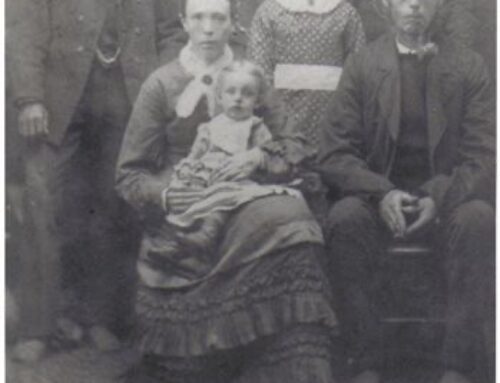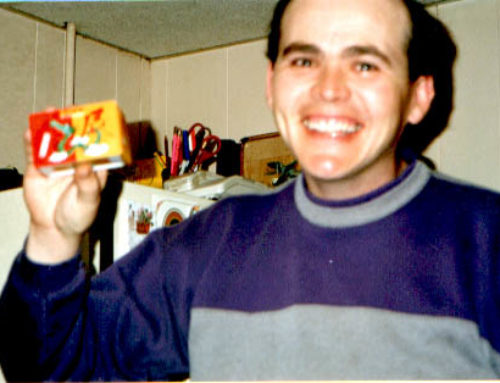My very first “real job” was in a Hospital.
In my home town of Rochester, Minnesota (population around 55,000 at the time) the main employer was (and still is) the world famous Mayo Clinic and affiliated hospitals. It was 1976 and I was 17 years old. The company I worked for rented TVs to the patients staying at St. Mary’s Hospital and it was an awful setup. The hospital was in the early stages of a major renovation and eventually would buy out the company but for at least the time it took to renovate the old buildings (the oldest built in 1889) anyone that wanted TV had to rent one from our company.
The newer rooms had built-in new color TVs with a remote control near the bed but the old rooms of course did not. We had some new color TVs on rolling carts but most of the portables were old black a white models with one of those old clicker-style remotes. We had to roll them into the room and plug them into the wall. So what usually happened was that a patient’s family would order the TV for their loved one, set up the rental agreement and then leave. Even if they came back regularly, they never thought about how many days the agreement was for and since the company was a private contractor to the hospital, there was no communication with hospital staff as to the status of any patient’s TV rental situation.
The worst part was that when the contract ran out I had to either collect money to extend it (with a signature) or take the TV away. If it was a newer room with a built-in unit, I had a key to turn it off or on. More often than not, the relatives who had ordered the TV had not left money for the renewal and the patient had no idea what was going on. All he/she knew was, the TV was being taken away.
The TV. The only thing the patient had to keep them company those long hospital hours between visits by family, doctors and nurses. The TV was of course a big part of the patient’s life and it was my job to be the one to take it away. Sure I was also the one to bring it, but when I did that there was usually a party going on. The family members who’d order it were gleefully anticipating the arrival of this great thing they had done for their hospitalized loved one.
But when it was time to take the TV away, it was another story. If everyone was lucky, there was a family member there to renew the rental or the patient was on the way out of the hospital. But more often than not, I was taking away their beloved TV right in the middle of a favorite program. The patient usually had no idea the TV was something that didn’t just come with the room. The one who had ordered it wasn’t going to be back for days (and of course cell phones didn’t exist) and the patient had no money. My boss was a prick and I was under strict orders not to allow anyone to keep the TV without paying.
If it was on a rolling cart, I could explain that the TV was going to another room and thus I had no choice. This had the dual function of reducing both some of my guilt and the amount of pleading I had to endure, but if the TV was built in… oh man! The cold reality of my job was excruciating. We even had these top-of-the-line, expensive, flat screen TVs in the ICU (intensive care unit). They were mounted on jointed swing-arms to bring them in front of the patient. I looked up the history of flat screen TVs online and these must have been very expensive indeed. Still… ICU patient, or no ICU patient. If I had an order to turn it off, I had to turn it off.
As I said, it was an awful setup.
One time, I had to get a TV from one of the oldest rooms in the hospital. St. Mary’s was probably the most important Catholic institution in Rochester and was also home of one of the top nursing schools in the country. The old section of the hospital had an almost church-like feel to it and I remember feeling the place demanded a kind of reverence that easily tempered my youthfully naive anti-authoritarianism. Not surprisingly, the patient in this room was both a retired nurse and a nun. The long, ornate hall was completely empty as I walked to her room at the end. I knocked and, again not surprisingly, got no answer. I was used to walking into these rooms while knocking quietly. Softly pronouncing the patient’s name.
As I entered, the stillness was palpable. Except for the bed, the dark room was devoid of furniture. The old black and white unit was on the far side of the room. In the corner. Looking completely unused. I don’t think it took me long to realize that the woman was dead. There was what looked like a homemade quilt covering her completely. Her death was obviously known to others so I felt no obligation to inform anyone on the ward. I just went and retrieved the TV as per my job and left as quietly as I’d come.





